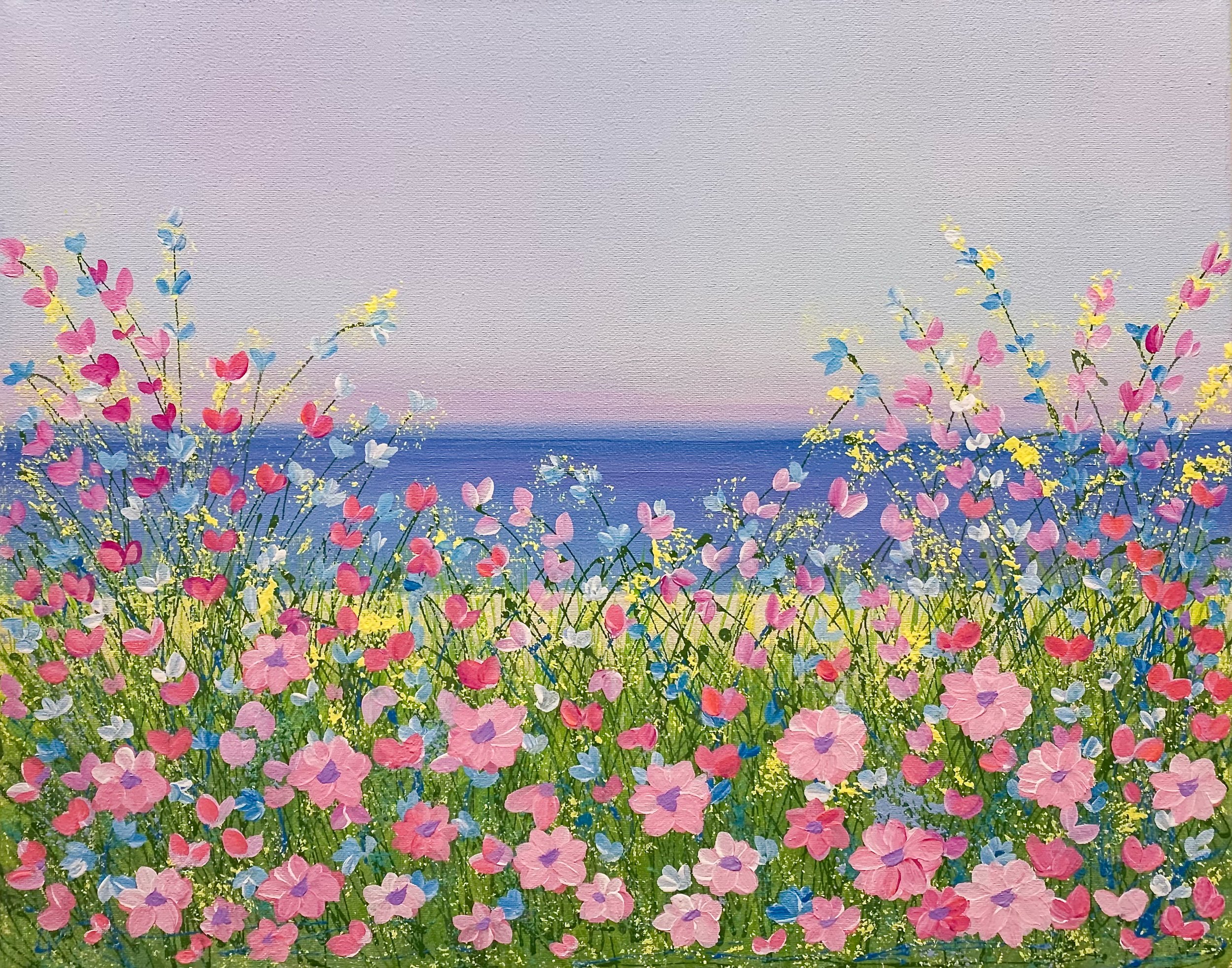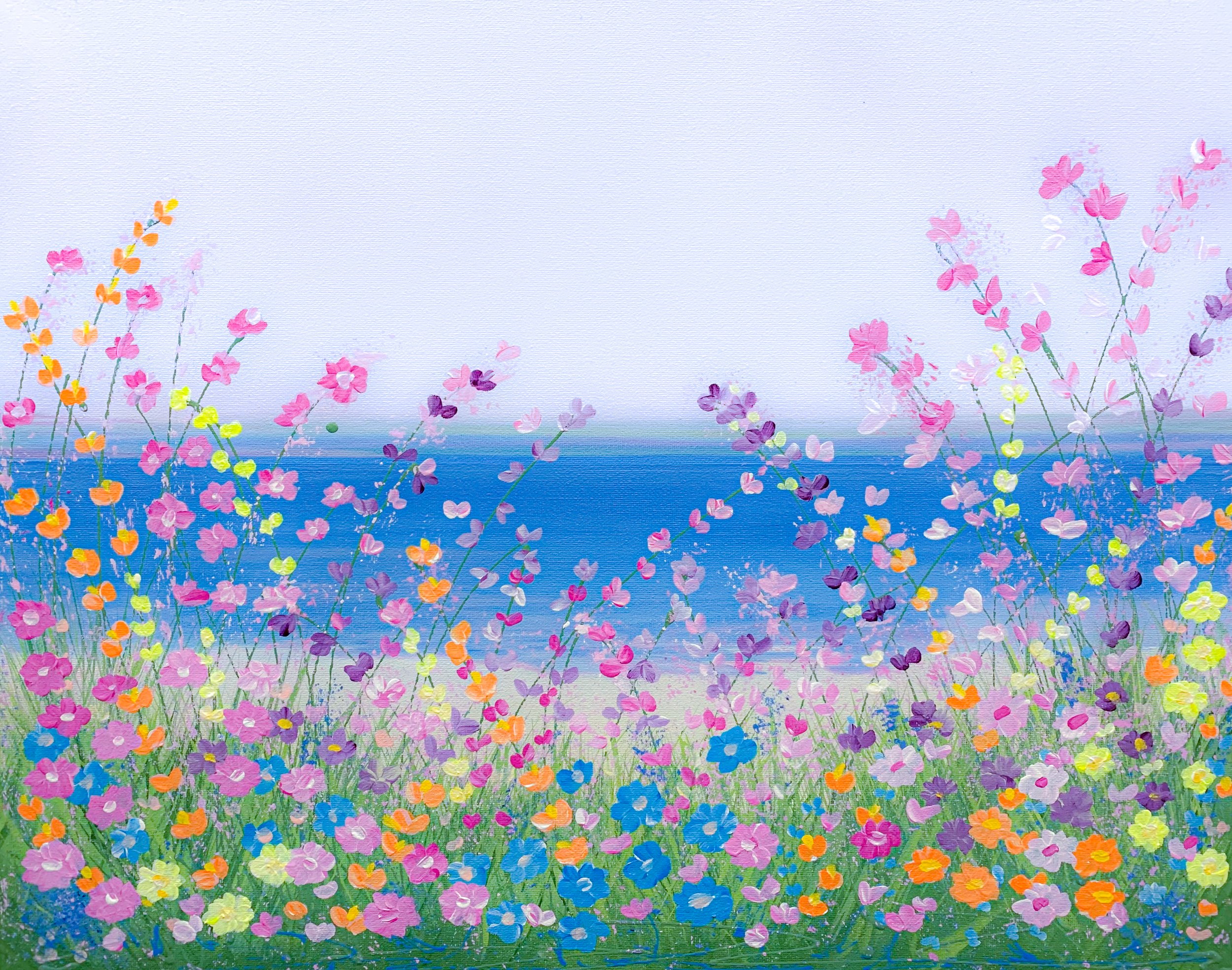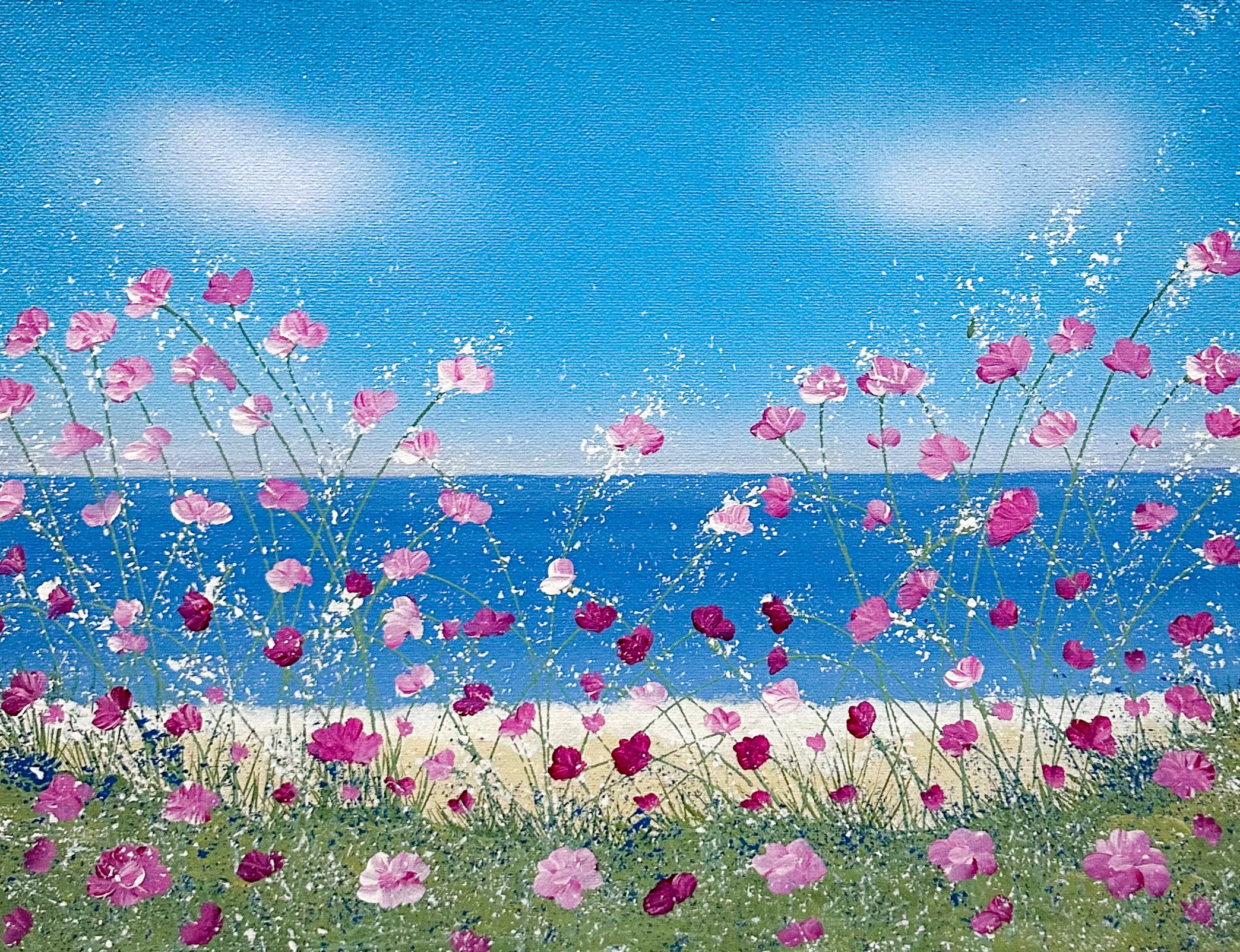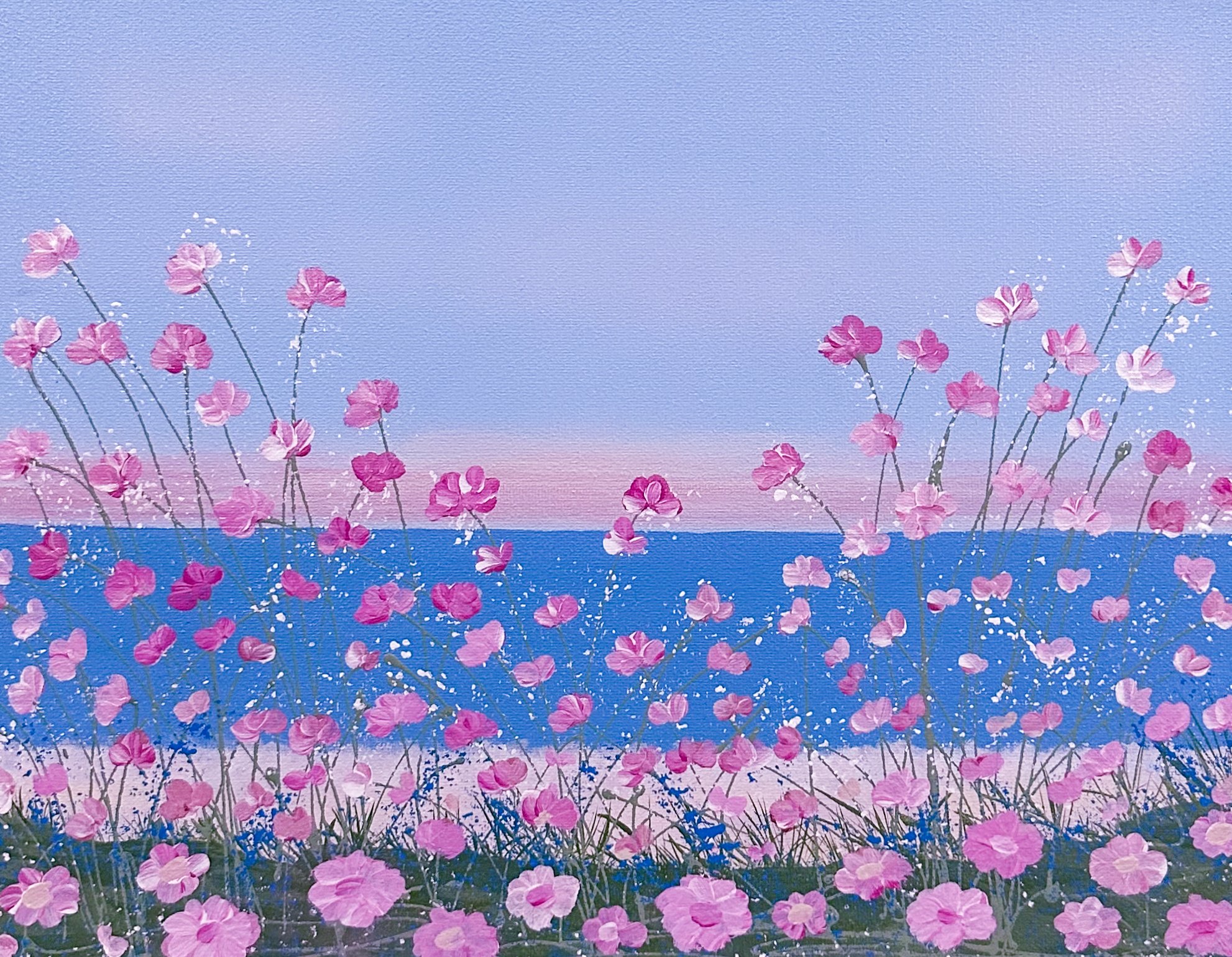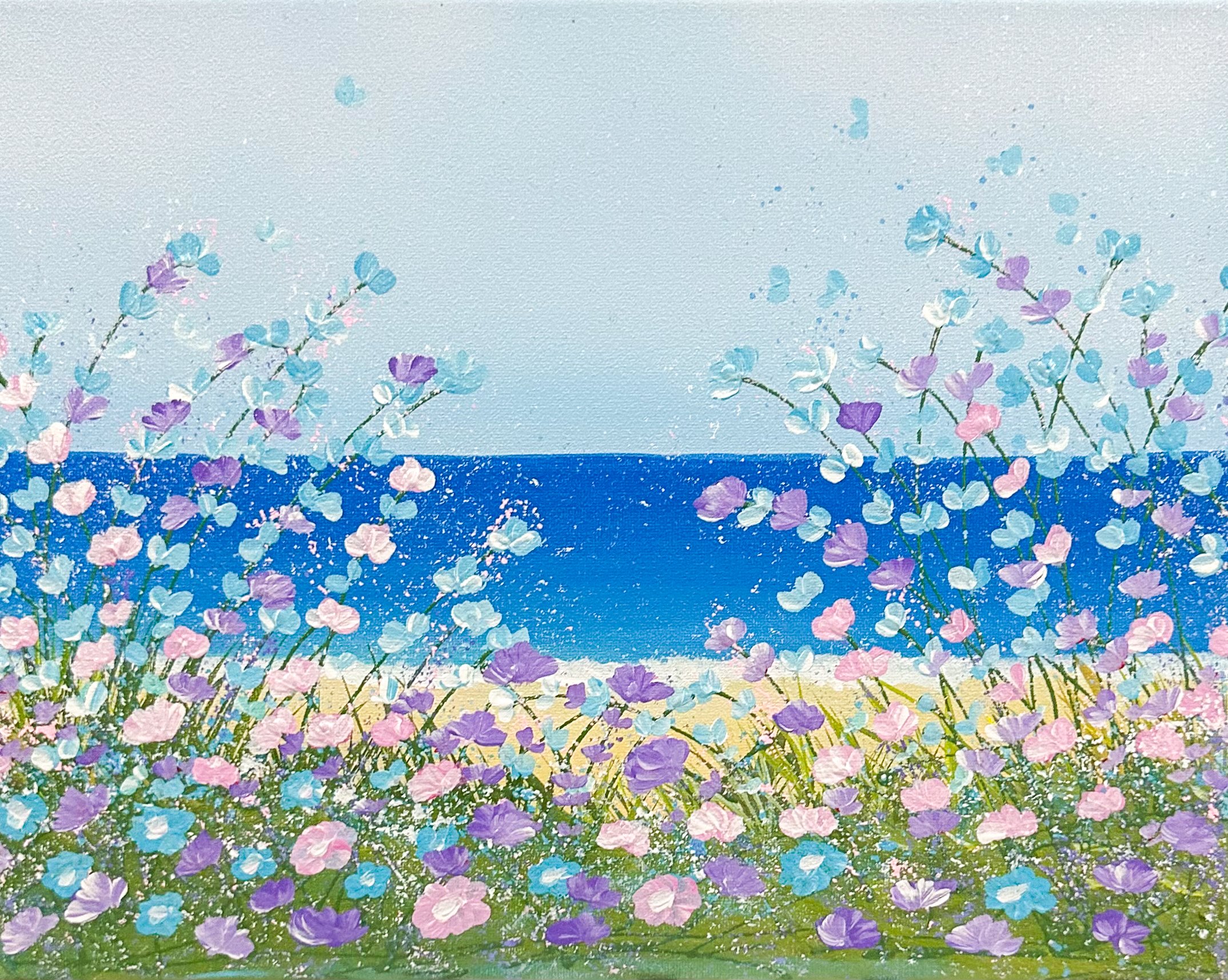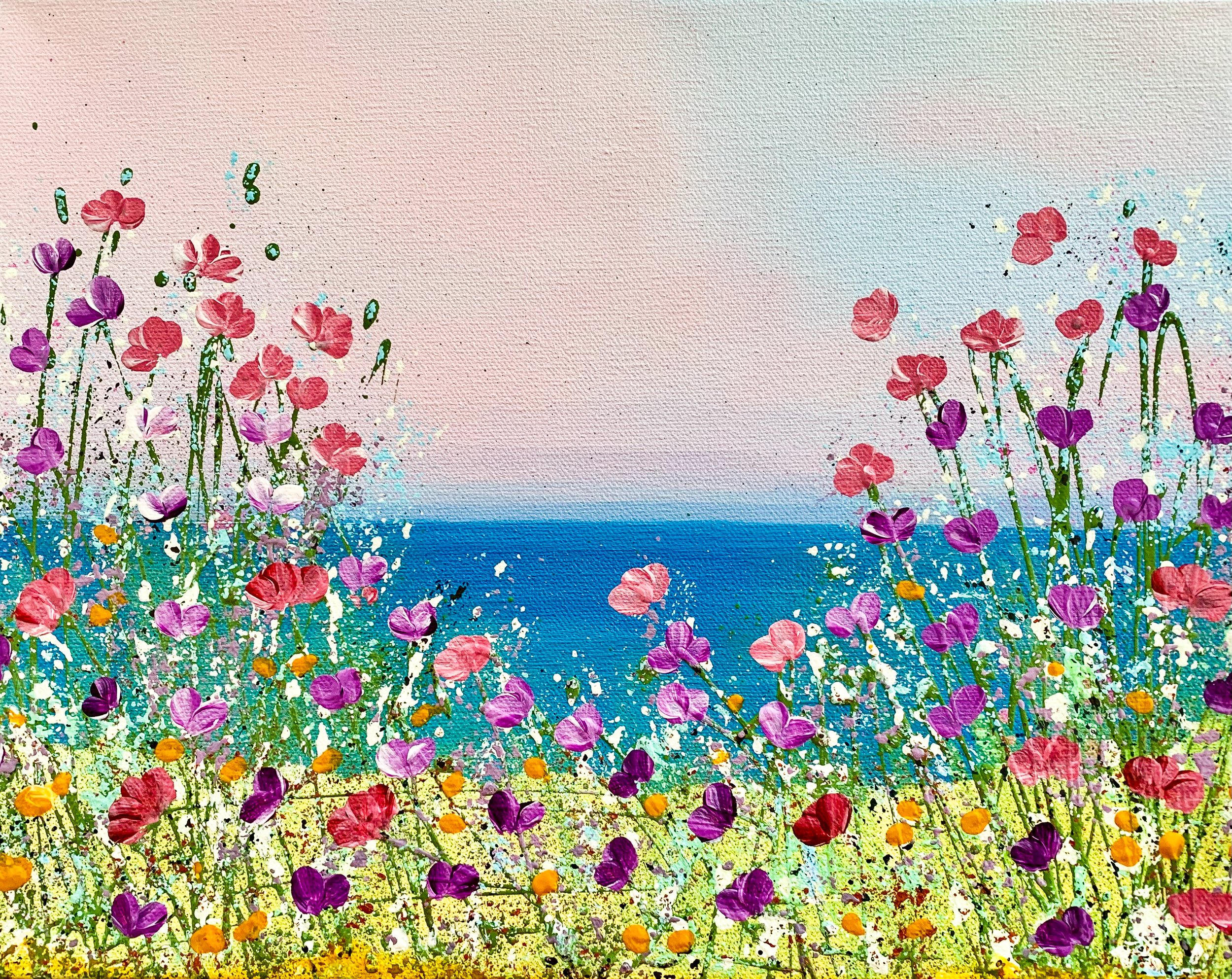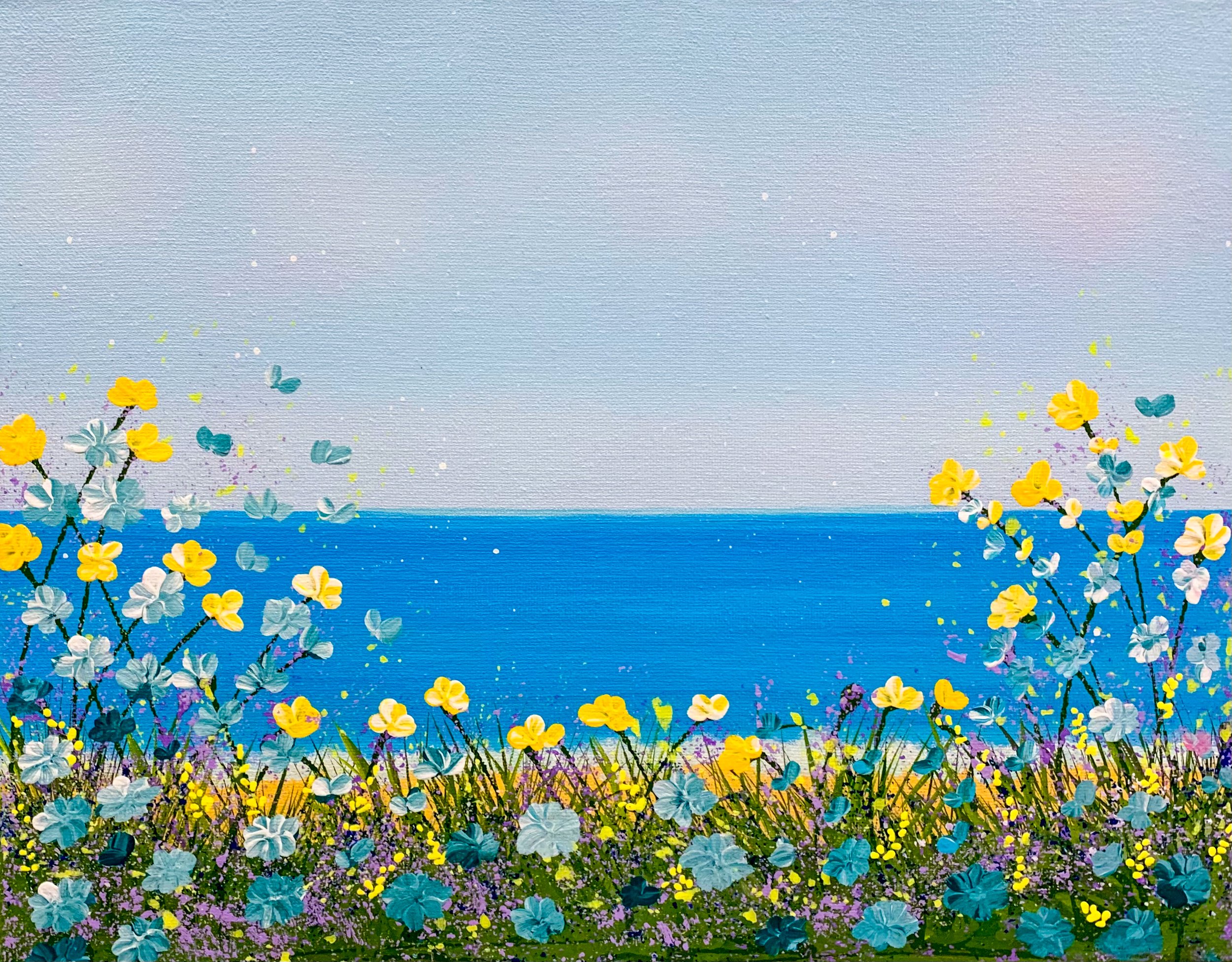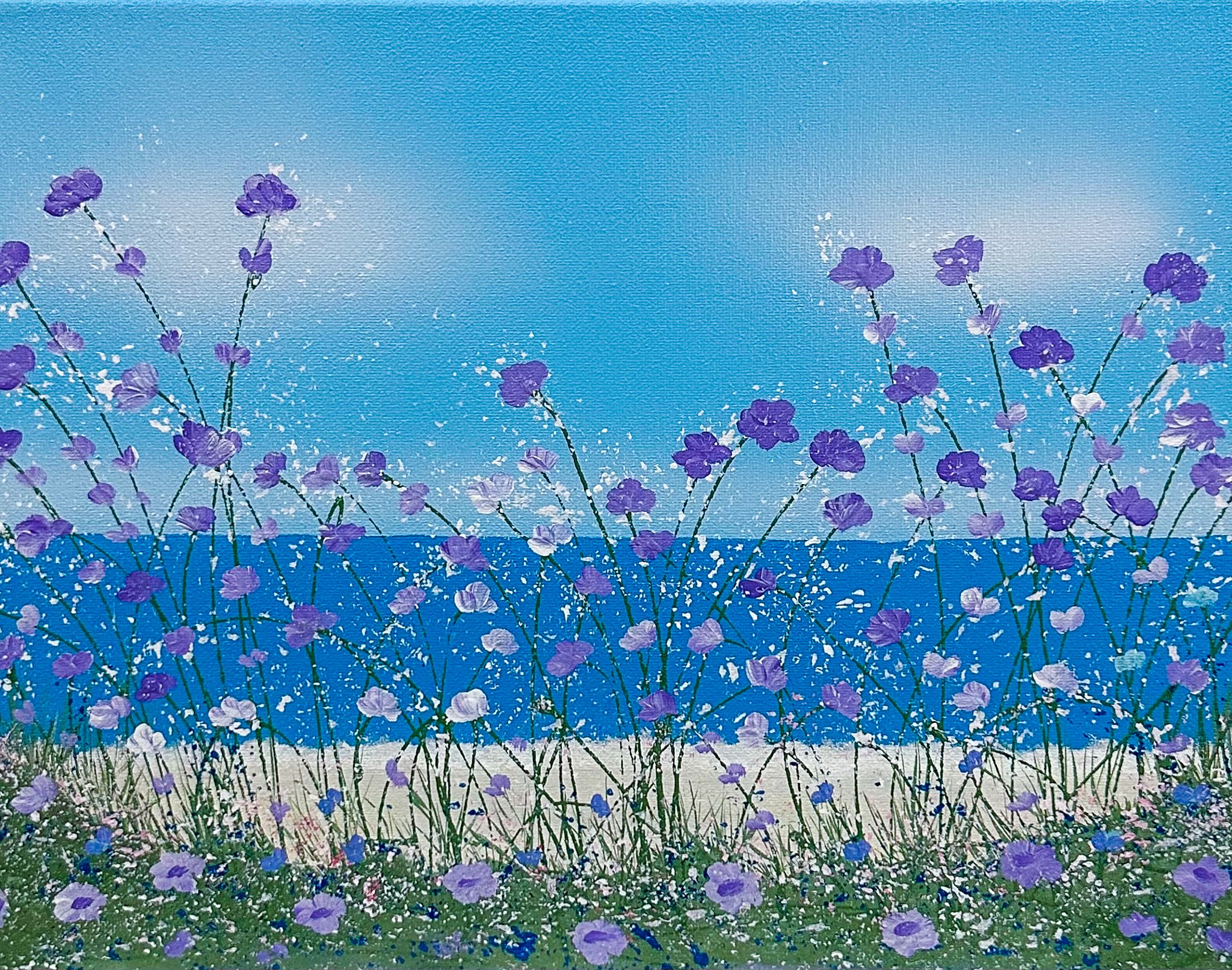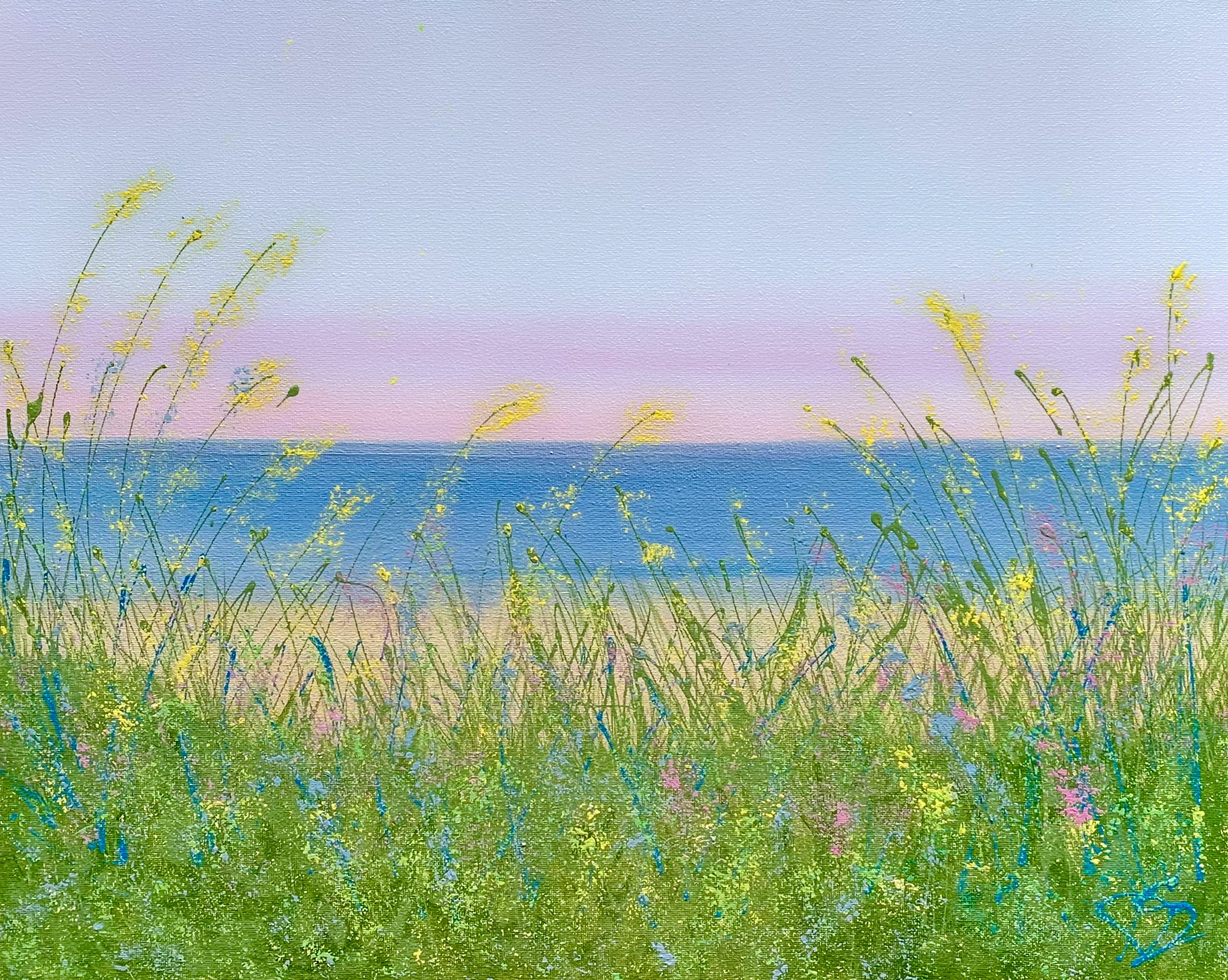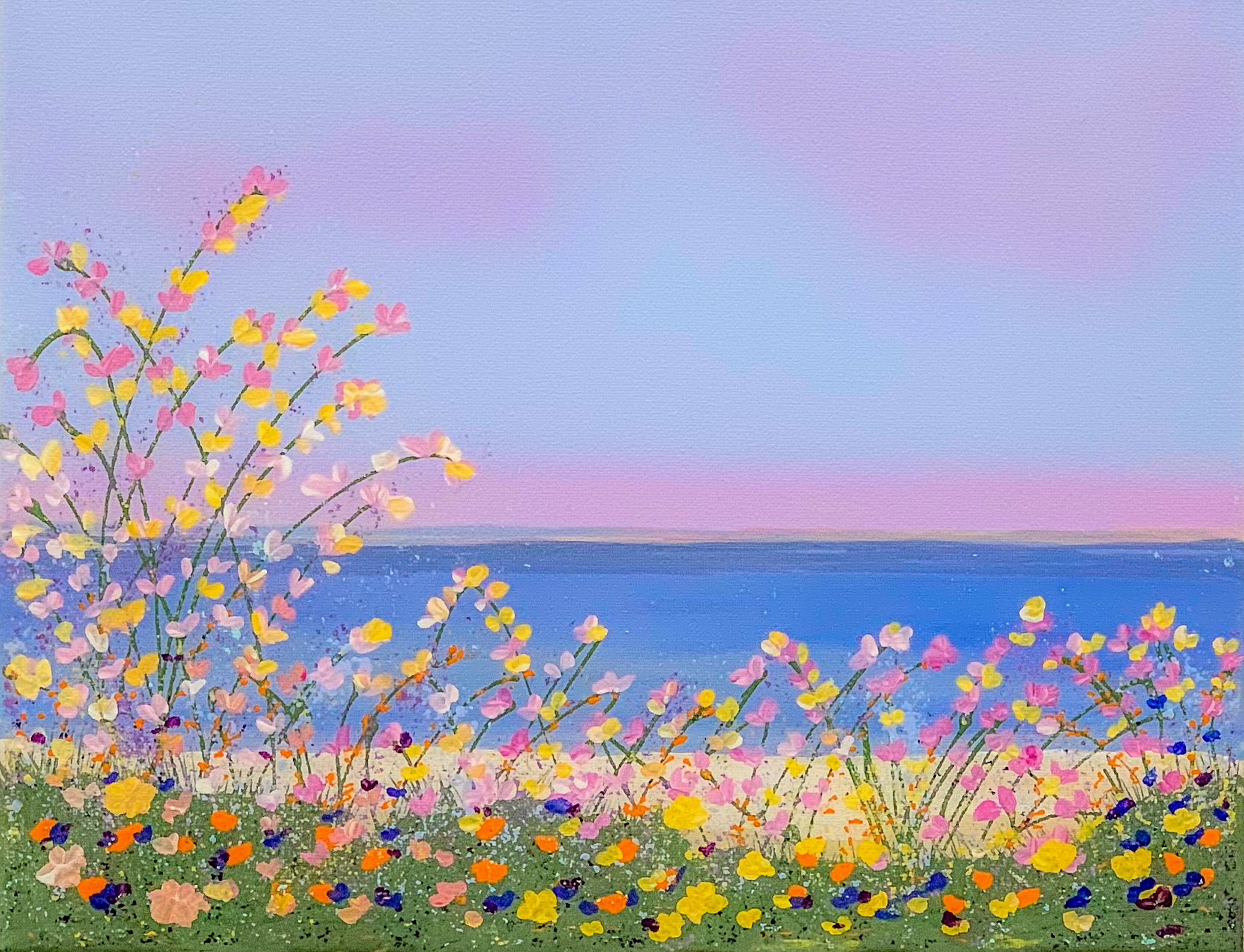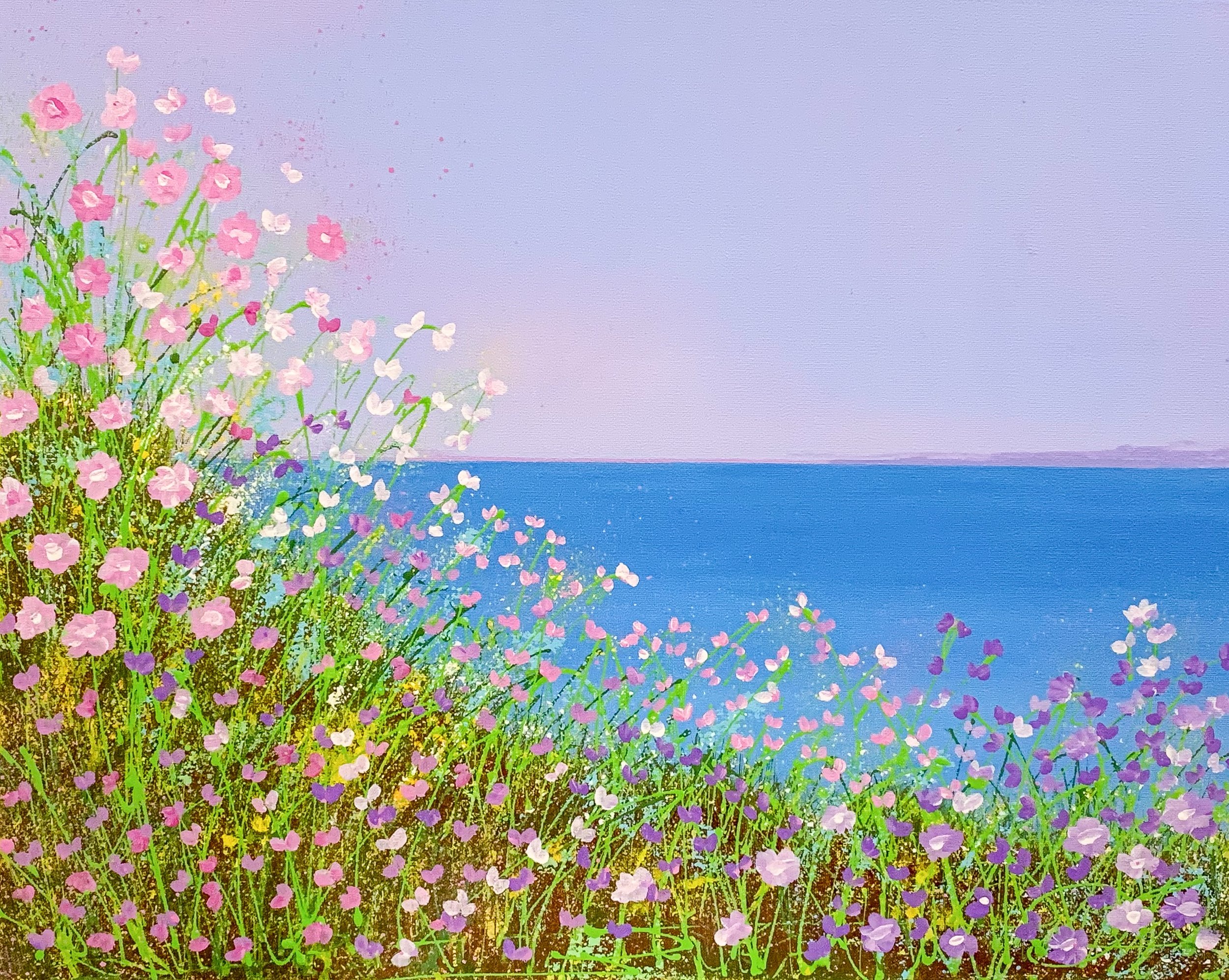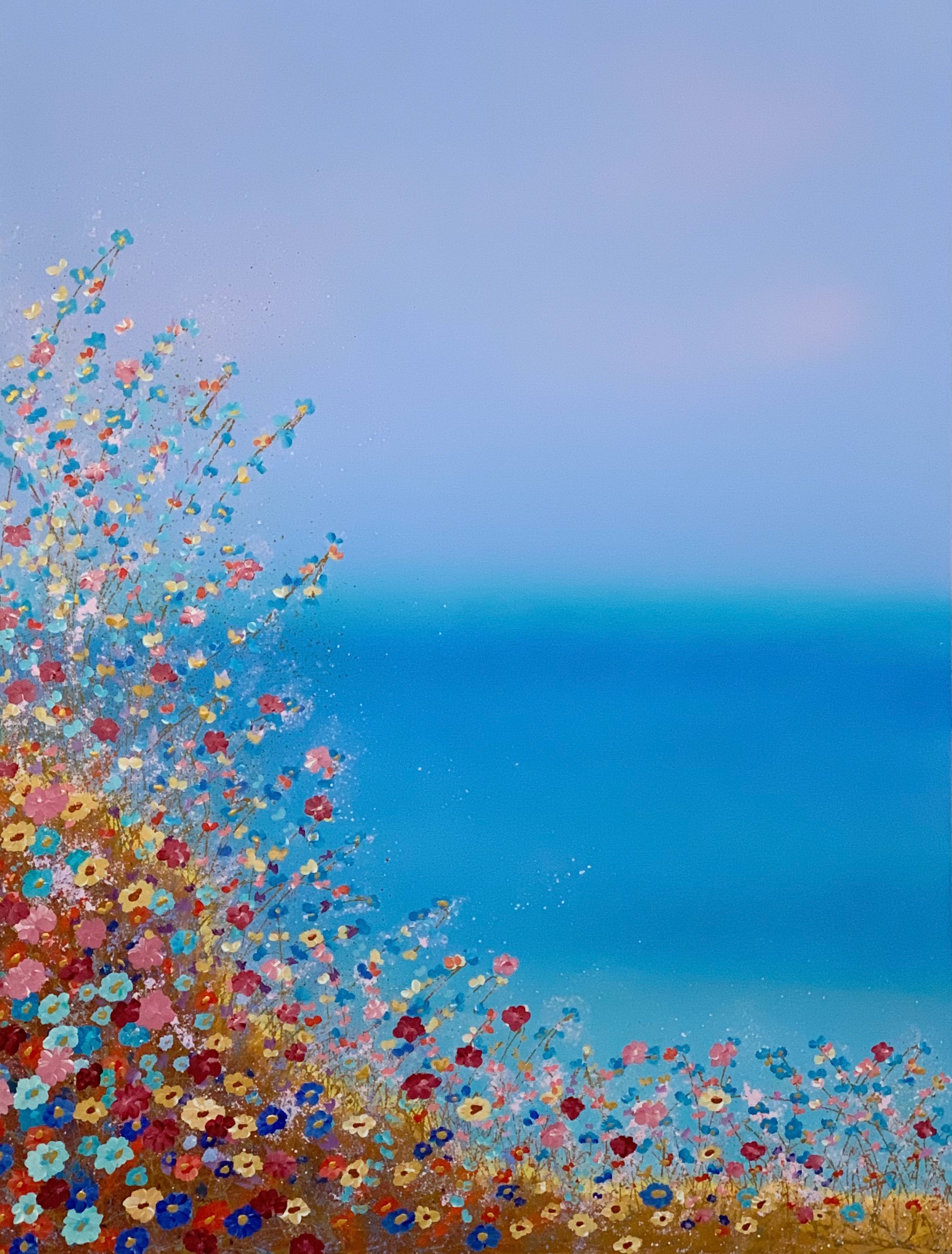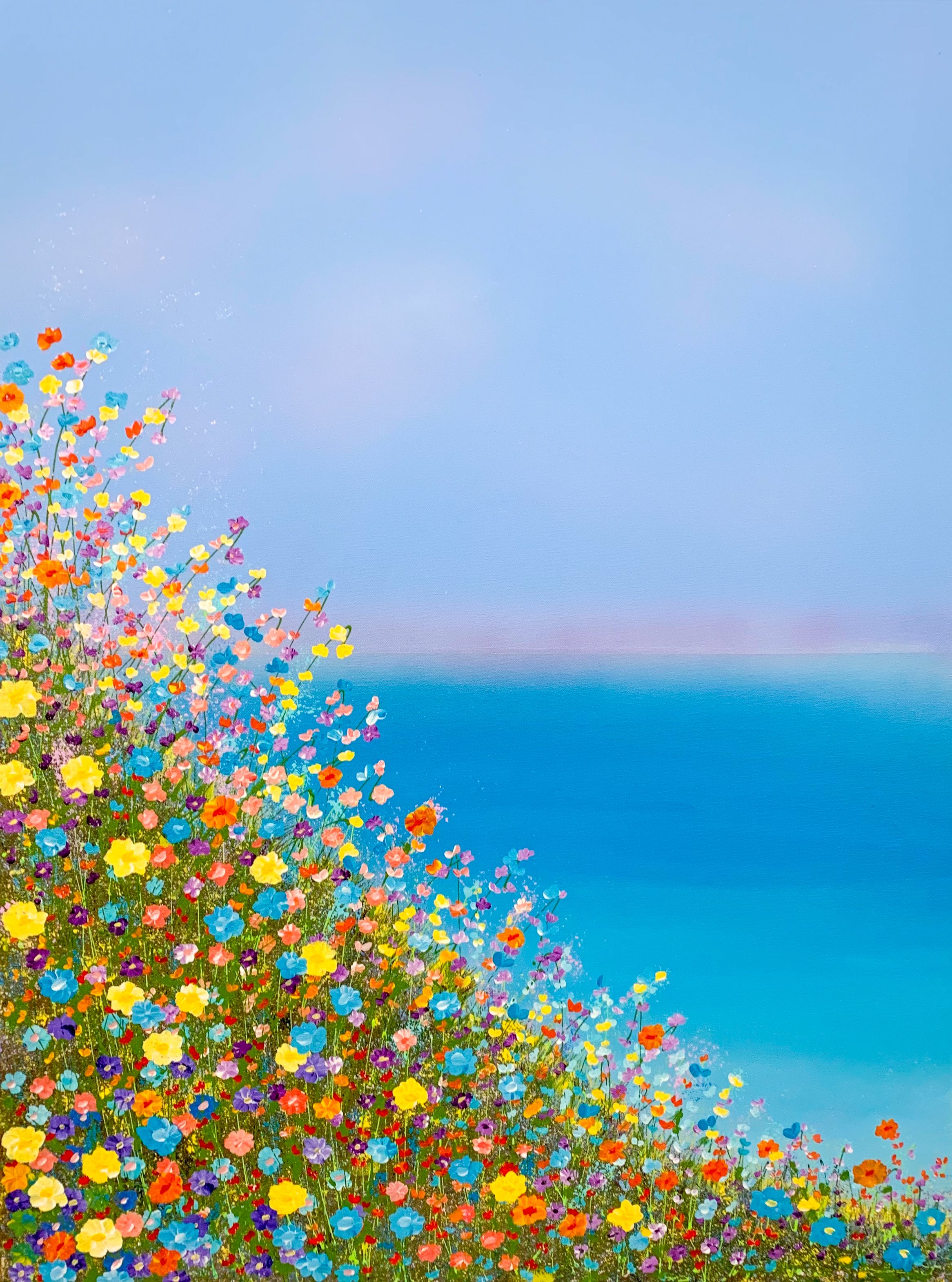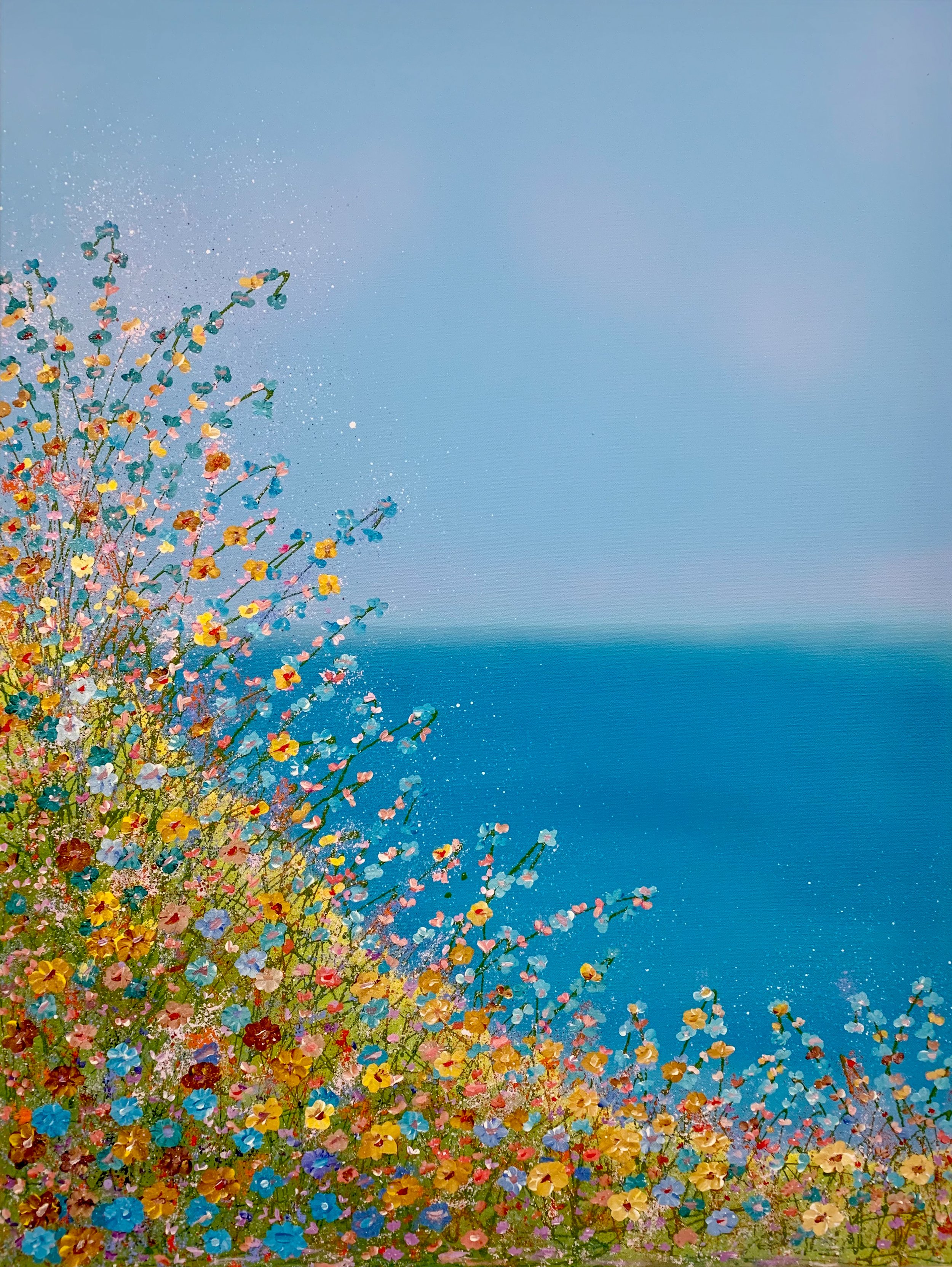Did You Know This About The Brain And Art?
Did you know many scientists, researchers, and medical experts have been studying our brains and art?
Their many credible studies have even resulted in creating actual guidelines for evidence-based designers and artists to follow while creating designs/art that positively impacts the human brain and emotions.
With landscapes, waterscapes, and garden scenes, one guideline is to have visual depth or openness in the immediate foreground. A reason for this is that the depth or openness creates an absence of a threat or ambiguity—two things many humans do not like or fear.
Another guideline based on credible scientific/medical studies is to offer designs with warmer seasons, verdant vegetation, and flowers in bloom. Something I like to add to my art—calm or non-turbulent waters are also well received by the human mind and emotions.
I like to experiment with evidence-based design, so in this 1:22 minute video on 21st century Great Lakes art, many of these paintings feature non-turbulent water along with lush vegetation and flowers in bloom. The video’s theme was today’s Great Lakes art, but many of the paintings were created using evidence-based design guidelines developed by scientists, researchers, and medical experts.
Here are some close-up views of sold paintings that were created using many evidence-based principles and guidelines. In addition to meeting the evidence-based design guidelines, I build into each painting artistic qualities that trigger our brains to create feelings of happiness and joy. I’m always asked to do commissions of these, and they usually sell not long after being put on display. One newspaper writer referred to me an artist of happiness and hope. I believe it is because I translate very credible scientific/medical study results into works of art.
When I paint, my goal is not to reflect beauty in nature. My goal goes much deeper. It is to use the art to trigger the brain to create feelings of happiness.
